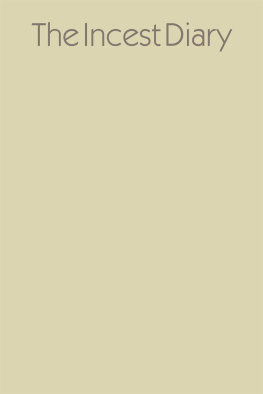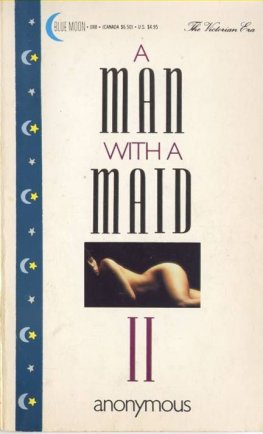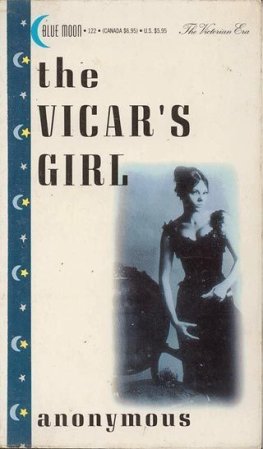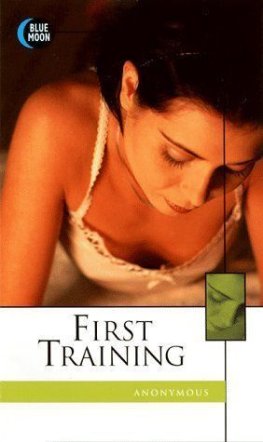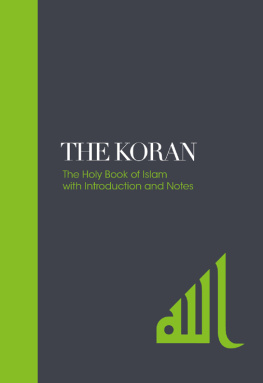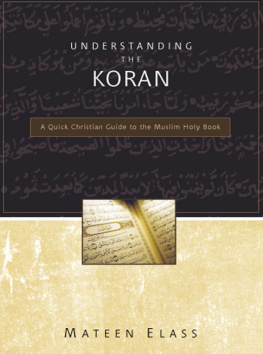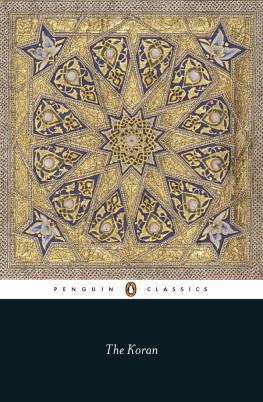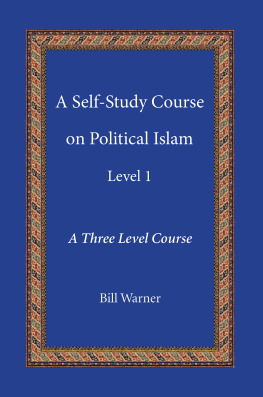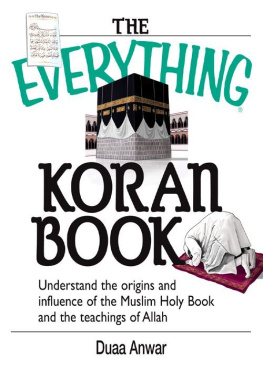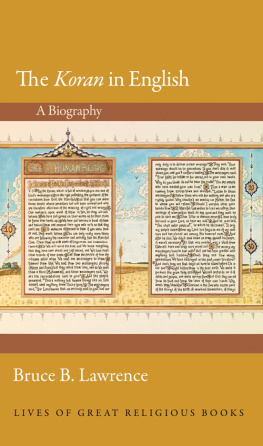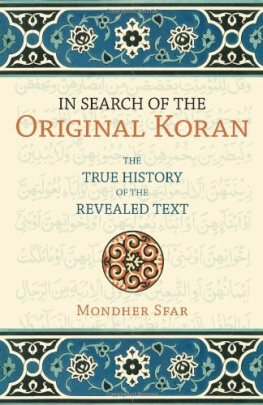Born in Baghdad, N. J. Dawood came to England as an Iraq State Scholar in 1945 and graduated from London University. In 1959 he founded The Arabic Advertising & Publishing Co Ltd, London (ARADCO), which is now one of the major producers of Arabic typesetting outside the Middle East. His translation of Tales from the Thousand and One Nights was first published as Penguin No. 1001 in 1954 and has since been printed in over twenty various formats and editions. It is now available as a Penguin Audiobook.
He is best known for his translation of the Koran, the first in contemporary English, which was published as a Penguin Classic in 1956 and has since sold over one million copies. An illustrated hardback edition of the Koran was published by Allen Lane in 1978. In the present edition the translation has been completely revised, an index has been added and the arrangement of the srahs follows the traditional sequence. This translation is also available in a parallel EnglishArabic edition published by Penguin Books.
As well as contributing book reviews and articles on literary subjects to the national press, N. J. Dawood has retold for children two selections from The Arabian Nights, published in the Puffin Classics in 1989. He has edited and abridged The Muqaddimah of Ibn Khaldn (Princeton University Press), translated numerous technical works into Arabic, written and spoken radio and film commentaries and contributed to specialized EnglishArabic dictionaries.
THE KORAN
TRANSLATED WITH NOTES BY N. J. DAWOOD

PENGUIN BOOKS
Published by the Penguin Group
Penguin Books Ltd, 80 Strand, London WC2R 0RL, England
Penguin Group (USA) Inc., 375 Hudson Street, New York, New York 10014, USA
Penguin Group (Canada), 90 Eglinton Avenue East, Suite 700, Toronto, Ontario, Canada M4P 2Y3
(a division of Pearson Penguin Canada Inc.)
Penguin Ireland, 25 St Stephens Green, Dublin 2, Ireland (a division of Penguin Books Ltd)
Penguin Group (Australia), 250 Camberwell Road, Camberwell,
Victoria 3124, Australia (a division of Pearson Australia Group Pty Ltd)
Penguin Books India Pvt Ltd, 11 Community Centre,
Panchsheel Park, New Delhi 110 017, India
Penguin Group (NZ), 67 Apollo Drive, Mairangi Bay, Auckland 1310, New Zealand
(a division of Pearson New Zealand Ltd)
Penguin Books (South Africa) (Pty) Ltd, 24 Sturdee Avenue, Rosebank, Johannesburg 2196, South Africa
Penguin Books Ltd, Registered Offices: 80 Strand, London WC2R 0RL, England
www.penguin.com
English translation first published in Penguin Classics 1956
First revised edition 1959
Second revised edition 1966
Third revised edition 1968
Fourth revised edition 1974
Fifth revised edition following the traditional sequence of srhs,
published 1990
This 50th anniversary edition published with further revisions 2006
Copyright N.J.Dawood, 1956, 1959, 1966, 1968, 1974, 1990, 1993. 1997, 1999, 2003, 2006
All rights reserved
The moral right of the translator has been asserted
Except in the United States of America, this book is sold subject to the condition that it shall not, by way of trade or otherwise, be lent, re-sold, hired out, or otherwise circulated without the publishers prior consent in any form of binding or cover other than that in which it is published and without a similar condition including this condition being imposed on the subsequent purchaser
CONTENTS
INTRODUCTION
THE KORAN
The posthumous son of Abdullh bin Abd al-Mualib, of the tribe of Quraysh, Muammad was born in Mecca about the year A.D. 570. His mother minah died when he was still a child, and he was brought up by his grandfather and then by his uncle Ab lib. As a youth he travelled with the trading caravans from Mecca to Syria, and at the age of twenty-five married Khadjah, daughter of Khuwailid, a rich widow fifteen years his senior. Meanwhile he had acquired a reputation for honesty and wisdom, and had come under the influence of Jewish and Christian teachings.
Long before Muammads call, Arabian paganism was showing signs of decay. At the Kabah the Meccans worshipped not only Allh, the supreme Semitic God, but also a number of female deities whom they regarded as the daughters of Allh. Among these were Al-Lt, Al-Uzz, and Mant, who represented the Sun, Venus, and Fortune respectively. Impressed by Jewish and Christian monotheism, a number of theists, or spiritual fundamentalists, known as anifs had already rejected idolatry for an ascetic religion of their own. Muammad appears to have been influenced by them. It was his habit to retire to a cave in the mountains in order to give himself up to solitary prayer and meditation. According to Muslim tradition, one night in Raman about the year 610, as he was asleep or in a trance, the Angel Gabriel came to him and said: Recite! He replied: What shall I recite? The order was repeated three times, until the Angel himself said:
Recite in the name of your Lord who created, created man from clots of blood.
Recite! Your Lord is the Most Bountiful One, who by the pen taught man what he did not know.
When he awoke, these words, we are told, seemed to be inscribed upon his heart.
Muammad, who disclaimed power to perform miracles, firmly believed that he was the messenger of God, sent forth to confirm previous scriptures. God had revealed His will to the Jews and the Christians through chosen apostles, but they disobeyed Gods commandments and divided themselves into sects. The Koran accuses the Jews of corrupting the Scriptures and the Christians of worshipping Jesus as the son of God, although He had expressly commanded them to worship none but Him. Having thus gone astray, they must be brought back to the right path, to the true religion preached by Abraham. This was Islm absolute submission or resignation to the will of God.
The Koran preaches the oneness of God and emphasizes divine mercy and forgiveness. God is almighty and all-knowing, and though compassionate towards His creatures He is stern in retribution. He enjoins justice and fair dealing, kindness to orphans and widows, and charity to the poor. The most important duties of the Muslim are faith in God and His apostle, prayer, almsgiving, fasting, and (if possible) pilgrimage to the Sacred House at Mecca, built by Abraham for the worship of the One God.
The Koranic revelations followed each other at brief intervals and were at first committed to memory by professional remembrancers. During Muammads lifetime verses were written on palm-leaves, stones, and any material that came to hand. Their collection was completed during the caliphate of Umar, the second Caliph, and an authorized version was established during the caliphate of Uthmn, his successor (64456). To this day this version is regarded by believers as the authoritative Word of God. But, owing to the fact that the kufic script in which the Koran was originally written contained no indication of vowels or diacritical points, variant readings are recognized by Muslims as of equal authority.
In preparing the contents of the Koran for book-form its editor or editors followed no chronological sequence. Its chapters were arranged generally in order of length, the longest coming first and the shortest last. Attempts have been made by Noldeke, Grimme, Rodwell, and Bell to arrange the chapters in chronological order, but scholars are agreed that a strictly chronological arrangement is impossible without dissecting some of the chapters into scattered verses, owing to the inclusion of revelations spoken in Medina in chapters begun several years earlier in Mecca.



